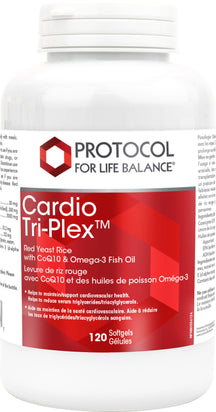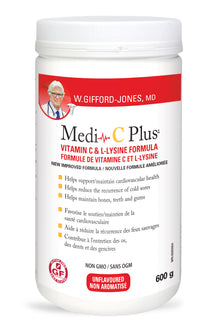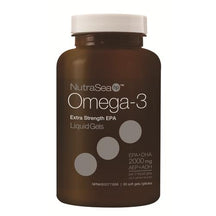
The Cardiovascular system is made up of the Heart, arteries and veins, and nourishes each body cell by transporting nutrients throughout the body. . Cardio refers to the heart, and vascular refers to the supply of blood vessels. The network of blood vessels spreads from the bones and muscles to the teeth, and is powered by the heart. Throughout an average lifetime, the heart will beat more then 2 billion times and will pump enough blood to fill over 100 full sized swimming pools. The heart never rests. Good circulation builds up the cells with oxygen, protein and other vital nutrients for fuel, as well as speeding the removal of cellular waste and toxins. Blood regulates the pH balance in the body to prevent it from becoming too acid or too alkaline. Blood also adjusts the bodies temperatures through the heat absorbing and coolant properties of its water content, and by modifying the rate of blood flow through the skin, excess heat can escape. Blood serves a protective function as well; it's clotting mechanism prevents blood loss from wounds to the skin or from internal damage, and it's white blood cells protect against toxins and foreign invaders.




















